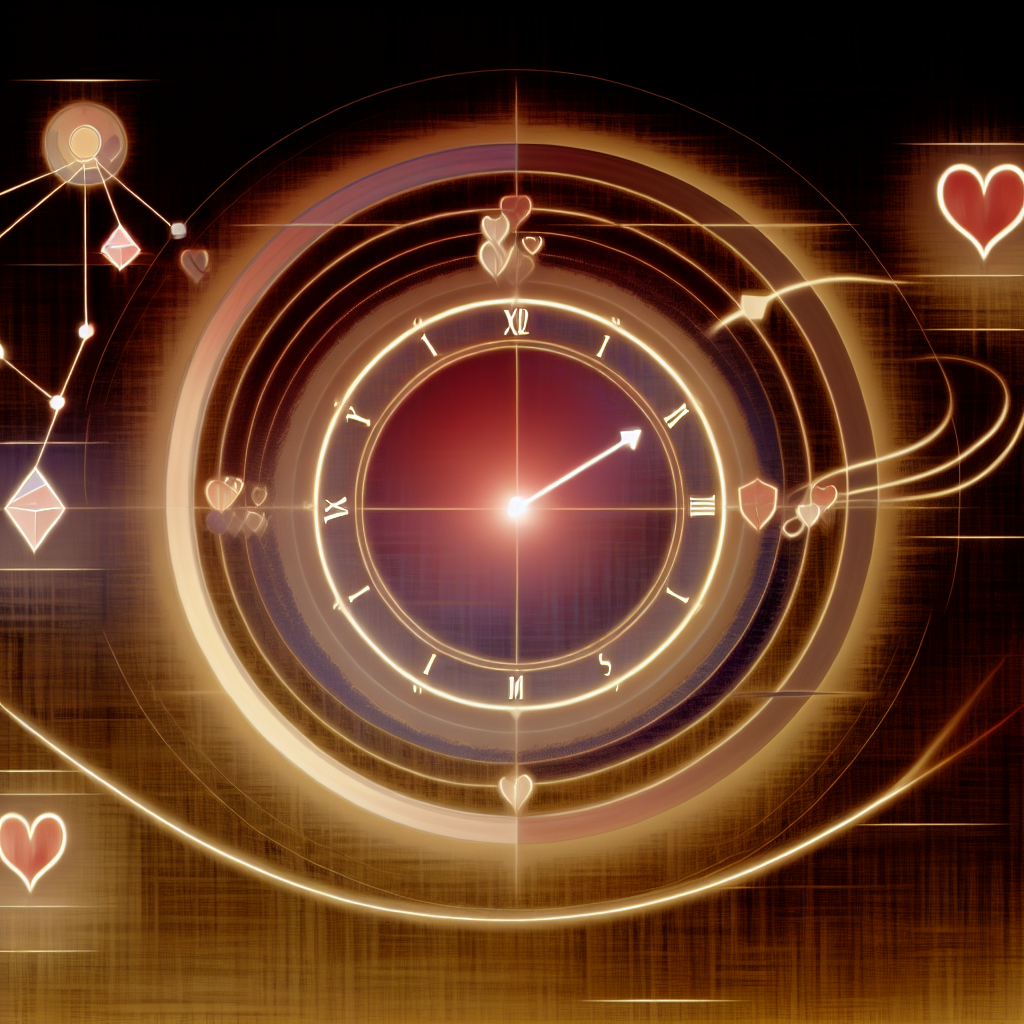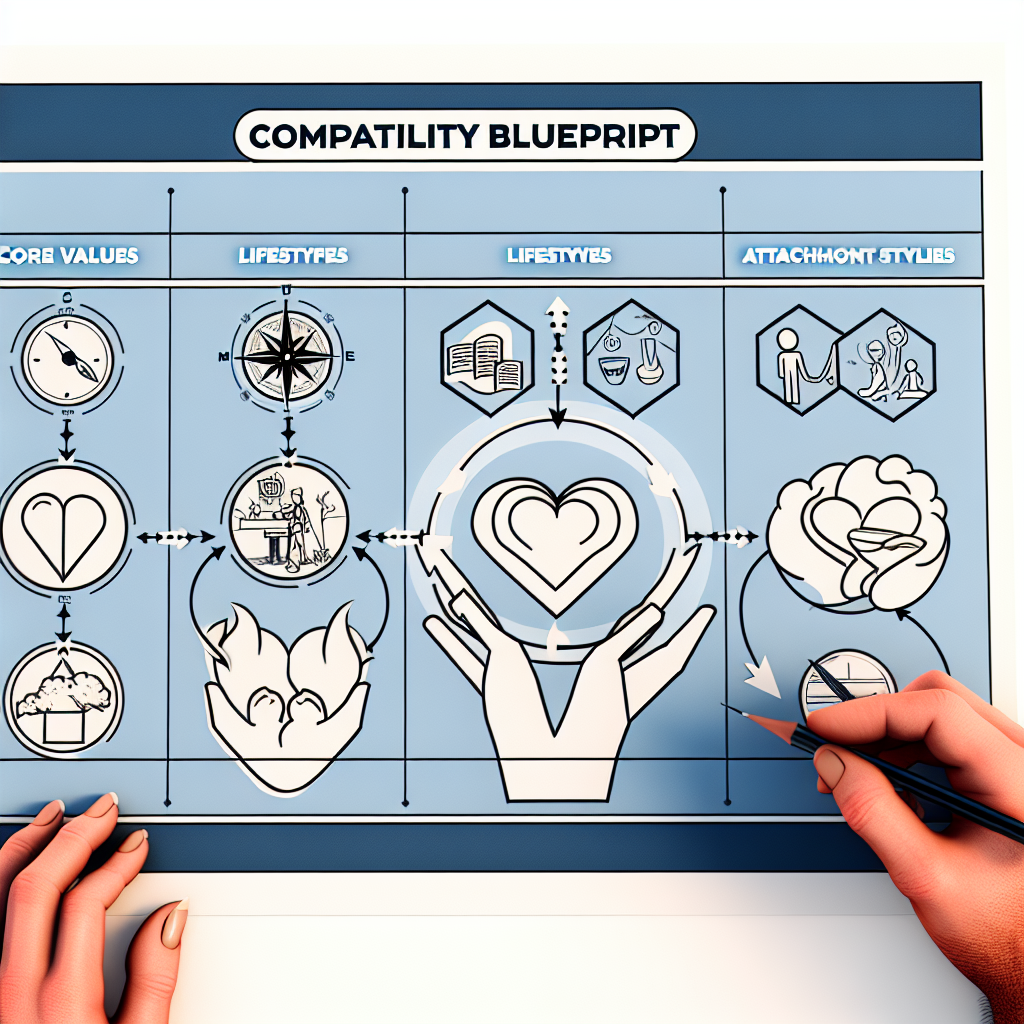Rejection Sensitivity in Dating: Build Emotional Resilience
**Introduction**
Dating in today’s modern world is a blend of thrilling potential and emotional risk. With the rise of digital dating apps and the ever-growing pursuit of authentic connections, singles today—whether in their 20s or their 80s—must navigate vulnerability with courage. But for many, especially those who’ve had repeated experiences of rejection, the emotional impact can run deeper than a temporary sting.
For these individuals, rejection becomes a personal echo, striking chords of self-worth and confidence. This emotional pattern, known as rejection sensitivity, can become a serious barrier in the journey toward love and fulfilling partnerships.
Rejection sensitivity (RS) refers to the tendency to anxiously expect, readily perceive, and intensely react to signs of interpersonal rejection. In the context of dating, someone with high RS may interpret a delayed text response, a canceled date, or a partner’s neutral comment as signs of imminent abandonment or disinterest. This hypersensitivity can prompt defensive behavior—pulling away before being pushed away—and erode potential romantic connections before they even begin.
Emotional resilience, on the other hand, is the psychological armor that helps individuals bounce back from disappointments. It includes cognitive tools like reframing negative thoughts, emotional regulation, and learning to separate self-worth from external validation. When cultivated, emotional resilience allows daters to view rejection not as a personal failure but as a natural aspect of the dating process.
This article aims to help singles of all ages understand the roots of rejection sensitivity, how it can manifest in dating life, and most importantly, how to build emotional resilience to enhance romantic experiences. Whether you’ve been burned by ghosting, felt discouraged after breakups, or have simply found yourself withdrawing from the pursuit of love due to fear of rejection, this guide offers science-backed insights and practical strategies to shift your mindset and foster deeper emotional strength.
As dating increasingly transcends traditional practices and moves into digital and fast-paced territories, understanding our emotional triggers—and managing them effectively—can be the key to fulfilling and lasting relationships. Let’s explore how professional studies shed light on rejection sensitivity and, with that knowledge, learn how to reclaim emotional confidence in dating.
Understanding the Science Behind Rejection Sensitivity
Rejection sensitivity as a psychological construct was first explored in-depth by researchers Geraldine Downey and Scott Feldman in the 1990s. They defined RS as the tendency to anxiously expect and overreact to perceived rejection, contributing to heightened emotional responses in interpersonal dynamics. Their foundational study, published in the *Journal of Personality and Social Psychology*, provides empirical evidence that individuals with high rejection sensitivity often self-sabotage their relationships due to fear of being rejected and abandoned ([Downey & Feldman, 1996](https://psycnet.apa.org/buy/1996-02921-006)).
One 2007 study from the National Institutes of Health found that heightened RS is often rooted in early adverse experiences like childhood neglect or inconsistent parenting, which can result in insecure attachment styles. These early life patterns provoke anxiety in adult relationships, especially romantic ones, where fear of intimacy and abandonment can become pronounced ([Pietromonaco & Barrett, 2004](https://pubmed.ncbi.nlm.nih.gov/15298726/)).
Why Rejection Feels Like Real Pain: The Neurological Link
A behavioral neuroscience study conducted by Naomi Eisenberger and Matthew Lieberman from UCLA revealed that the brain processes social rejection similarly to physical pain. Their research used fMRI to demonstrate that areas like the anterior cingulate cortex and prefrontal cortex activate when someone experiences rejection, whether through verbal cues or social exclusion ([Eisenberger et al., 2003](https://www.ncbi.nlm.nih.gov/pmc/articles/PMC2186371/)).
This overlap underscores the deep emotional toll that rejection can take and supports the need for resilience-building in romantic contexts. When our brains respond to rejection the same way they respond to physical injury, it’s no wonder even minor slights can feel devastating.
The Power of Emotional Resilience in Modern Dating
On the flip side, emotional resilience—your ability to bounce back from setbacks—is a critical asset in dating. A 2016 meta-analysis published in the journal *Emotion* demonstrated that individuals who practice mindfulness, reframe challenges, and regulate their emotional responses are less likely to internalize rejection. Instead, they view rejection as situational, not personal, allowing them to move forward with clarity and self-esteem intact ([Aldao et al., 2016](https://pubmed.ncbi.nlm.nih.gov/27100386/)).
This means: dating successfully isn’t about avoiding rejection—it’s about building the ability to cope with it.
How to Reduce Rejection Sensitivity and Boost Dating Confidence
If your dating experiences often leave you feeling anxious, hurt, or withdrawn, it’s time to adopt practices that cultivate emotional resilience:
– **Try Cognitive-Behavioral Therapy (CBT):** Work with a trained therapist to challenge distorted thinking patterns that lead to oversensitivity and create new, empowering beliefs about yourself.
– **Practice Journaling:** Document emotional responses and patterns, especially after dating disappointments. This awareness helps interrupt automatic reactions and fosters mindful reflection.
– **Explore Attachment Styles:** Increasing your understanding of your own attachment style can help you identify triggers, manage expectations, and develop secure relationship habits.
– **Use Mindfulness and Self-Compassion:** Ground yourself in the present moment, and treat yourself with kindness when things don’t go to plan. Remember, rejection is about fit, not flaws.
– **Set Realistic Expectations:** Avoid placing undue weight on early connections. Enjoy the process of getting to know someone gradually instead of jumping to conclusions.
– **Foster Open Communication:** Instead of assuming rejection, ask clarifying questions. Direct, caring communication helps dismantle imaginary threats and builds trust.
By focusing on personal growth and regulation rather than external validation, you can bring empowered energy into your dating life.
Conclusion: From Rejection Sensitivity to Romantic Resilience
Rejection is an inevitable part of dating, but suffering need not be. With awareness, intentional resilience-building, and the right psychological tools, singles of any age can reclaim their confidence and approach relationships with healthy openness.
Rejection sensitivity isn’t a barrier—it’s a signal inviting deeper self-understanding and growth. By practicing emotional resilience, you unlock the freedom to love without fear, knowing your worth is not defined by someone else’s response.
References
– Downey, G., & Feldman, S. I. (1996). Implications of Rejection Sensitivity for Intimate Relationships. *Journal of Personality and Social Psychology*, 70(6), 1327–1343. https://psycnet.apa.org/buy/1996-02921-006
– Pietromonaco, P. R., & Barrett, L. F. (2004). Attachment Theory as an Organizing Framework: A View from Different Levels of Analysis. *Review of General Psychology*, 8(1), 2–18. https://pubmed.ncbi.nlm.nih.gov/15298726/
– Eisenberger, N. I., Lieberman, M. D., & Williams, K. D. (2003). Does Rejection Hurt? An fMRI Study of Social Exclusion. *Science*, 302(5643), 290–292. https://www.ncbi.nlm.nih.gov/pmc/articles/PMC2186371/
– Aldao, A., Nolen-Hoeksema, S., & Schweizer, S. (2016). Emotion-Regulation Strategies Across Psychopathology: A Meta-Analytic Review. *Emotion*, 10(2), 125–144. https://pubmed.ncbi.nlm.nih.gov/27100386/
**Summary:**
This article explores the concept of rejection sensitivity and its impact on dating experiences. It provides insights from psychological research on the roots of rejection sensitivity, the neuroscience behind the emotional pain of rejection, and the power of cultivating emotional resilience to navigate modern dating successfully. The article offers practical strategies, including cognitive-behavioral therapy, journaling, and open communication, to help singles of all ages reduce rejection sensitivity and boost their dating confidence.

Dominic E. is a passionate filmmaker navigating the exciting intersection of art and science. By day, he delves into the complexities of the human body as a full-time medical writer, meticulously translating intricate medical concepts into accessible and engaging narratives. By night, he explores the boundless realm of cinematic storytelling, crafting narratives that evoke emotion and challenge perspectives. Film Student and Full-time Medical Writer for ContentVendor.com




